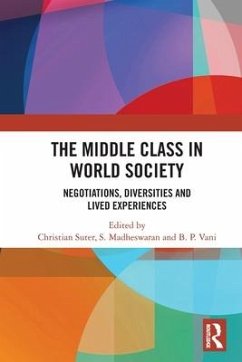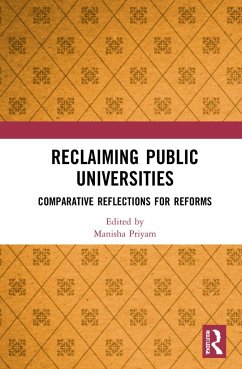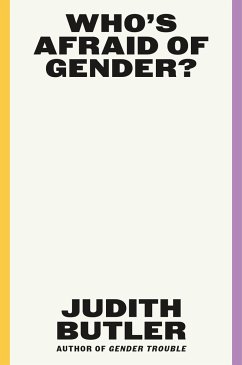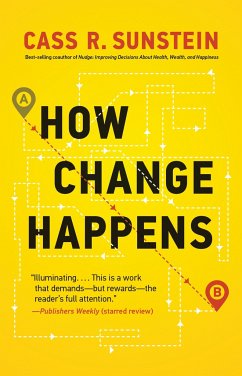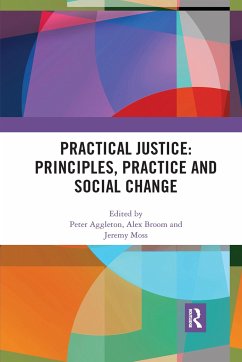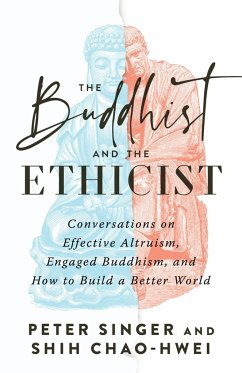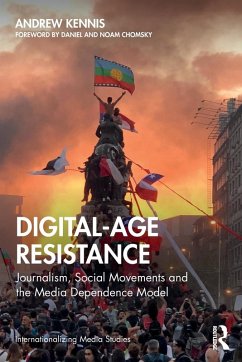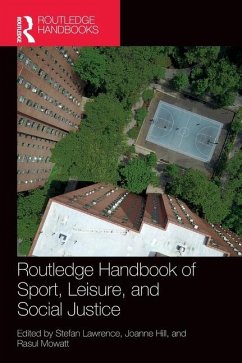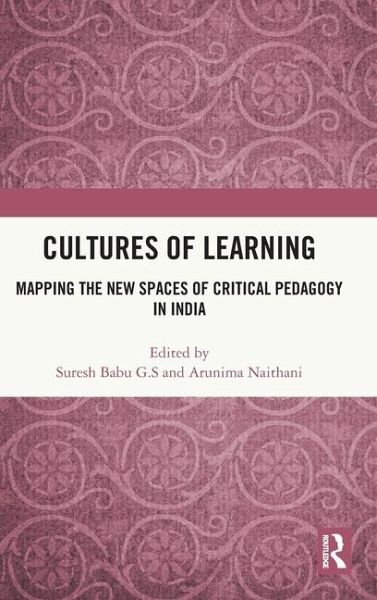
Cultures of Learning
Mapping the New Spaces of Critical Pedagogy in India
Herausgegeben: G.S, Suresh Babu; Naithani, Arunima
Versandkostenfrei!
Versandfertig in 6-10 Tagen
154,99 €
inkl. MwSt.

PAYBACK Punkte
77 °P sammeln!
This book looks at educational institutions and their role as sites of learning in times of moral and political chaos. It highlights the erosion of critical pedagogical traditions in universities in India and registers the ongoing responses and struggles as educational experiences.This book develops a critical approach by redefining education from the perspective of learning as a political act to experience the complex network of learning activities beyond the confines of educational institutions. It also locates caste, gender and religious hierarchies in schools and universities in India. The...
This book looks at educational institutions and their role as sites of learning in times of moral and political chaos. It highlights the erosion of critical pedagogical traditions in universities in India and registers the ongoing responses and struggles as educational experiences.
This book develops a critical approach by redefining education from the perspective of learning as a political act to experience the complex network of learning activities beyond the confines of educational institutions. It also locates caste, gender and religious hierarchies in schools and universities in India. The book explores the extremely contradictory experiences of academic spaces that have resulted in the development of uncharted sites of learning. Being mindful of these multiple strands, the authors examine the culture of learning and reflect on the space for critical learning, activism, dissent and self-reflexivity in schools and universities in India. The goal of diverse experiences of learning is to derive new meaning to the conceptions of critical pedagogy as a political act for democratising education.
This transdisciplinary book will be of interest to students and researchers of education, sociology, history, political studies and public policy.
This book develops a critical approach by redefining education from the perspective of learning as a political act to experience the complex network of learning activities beyond the confines of educational institutions. It also locates caste, gender and religious hierarchies in schools and universities in India. The book explores the extremely contradictory experiences of academic spaces that have resulted in the development of uncharted sites of learning. Being mindful of these multiple strands, the authors examine the culture of learning and reflect on the space for critical learning, activism, dissent and self-reflexivity in schools and universities in India. The goal of diverse experiences of learning is to derive new meaning to the conceptions of critical pedagogy as a political act for democratising education.
This transdisciplinary book will be of interest to students and researchers of education, sociology, history, political studies and public policy.





